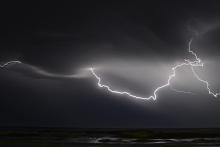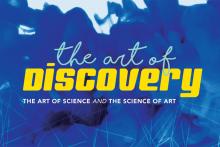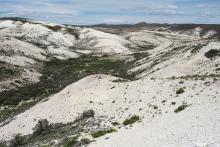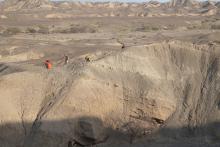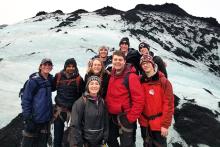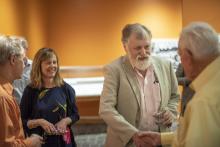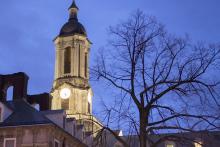Potential precursors to life on Earth form from a variety of complex mixtures, according to a team of scientists who say this could point to the development of building blocks crucial to forming genetic molecules for the origins of life on Earth.
From Thursday, July 11, through Saturday, July 13, Penn State's Art of Discovery booth at the Central Pennsylvania Festival of the Arts will feature free, hands-on activities and demonstrations including EMS.
One of the world's most important plant families has a history extending much farther south than any live or fossil specimen previously recorded, as shown by chinquapin fruit and leaf fossils unearthed in Patagonia, Argentina, according to researchers.
The origin of flaked-stone tool production is older than 2.58 million years ago, according to an international team of scientists working at the Bokol Dora 1 archaeological site in the Afar region of Ethiopia. Previously the oldest evidence of flaked-stone tools was younger than 2.58 million years ago.
Bacteria may be the key to understanding how life survived after the mass extinction that killed the dinosaurs.
Before studying abroad through the GREEN Program, Jacob Kaminski didn’t have a clear vision of how he could address sustainability challenges around the world. But his study abroad trips to Iceland and Japan radically expanded his perspective.
When people think of museums, they think of the artwork, the collections and the interactive displays. But little is known about the behind-the-scenes work that led to these exhibits.
The 2018–19 Institutes of Energy and the Environment (IEE) seed grant recipients have been awarded to 18 groups of interdisciplinary researchers at Penn State.
Members of the Penn State Science Policy Societyrecently visited Washington, D.C., where they met with officials from several congressional offices and nongovernmental organizations to discuss the promotion of science and evidence-based policy.


